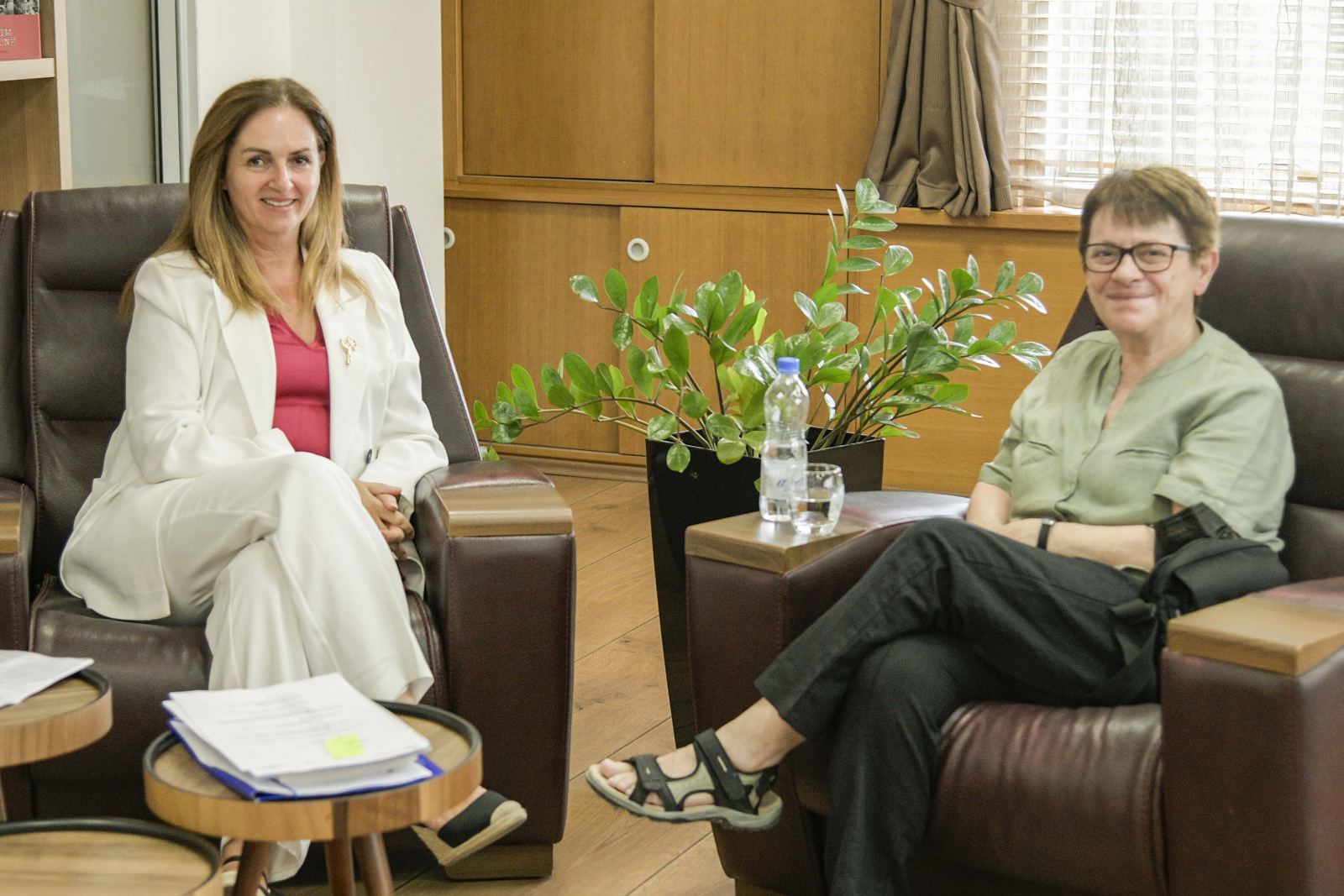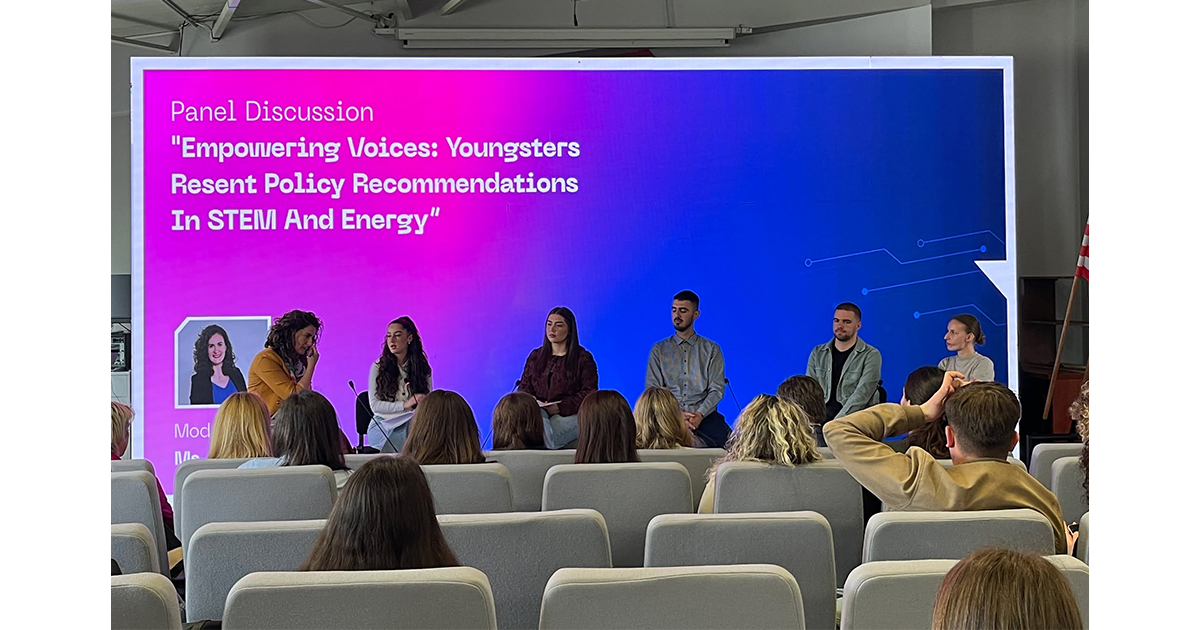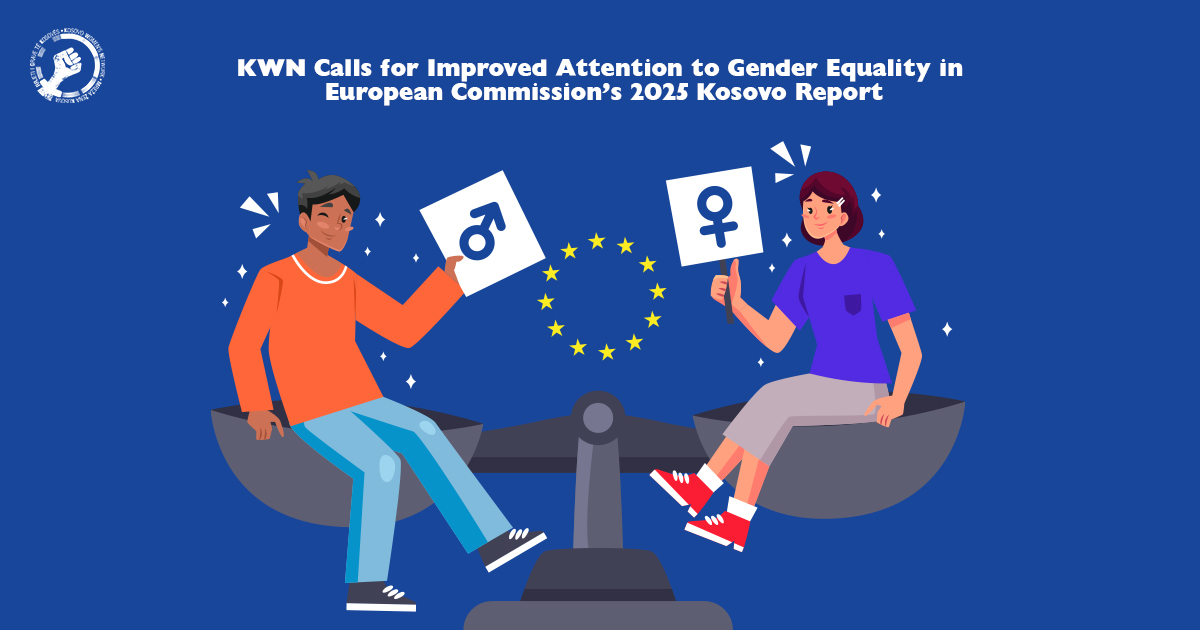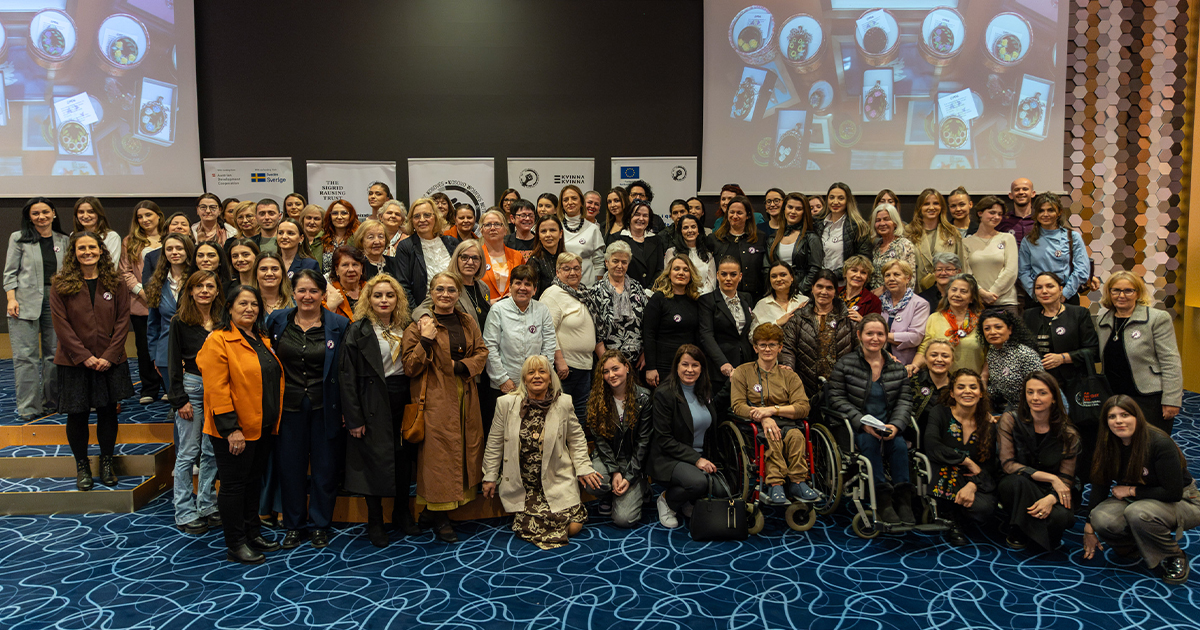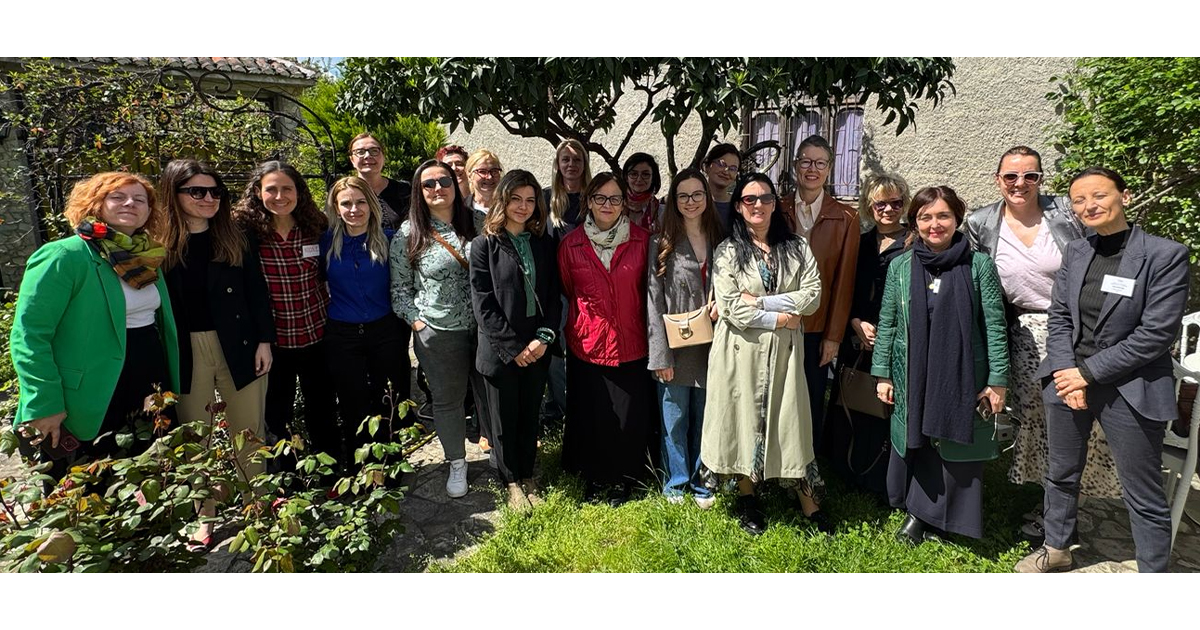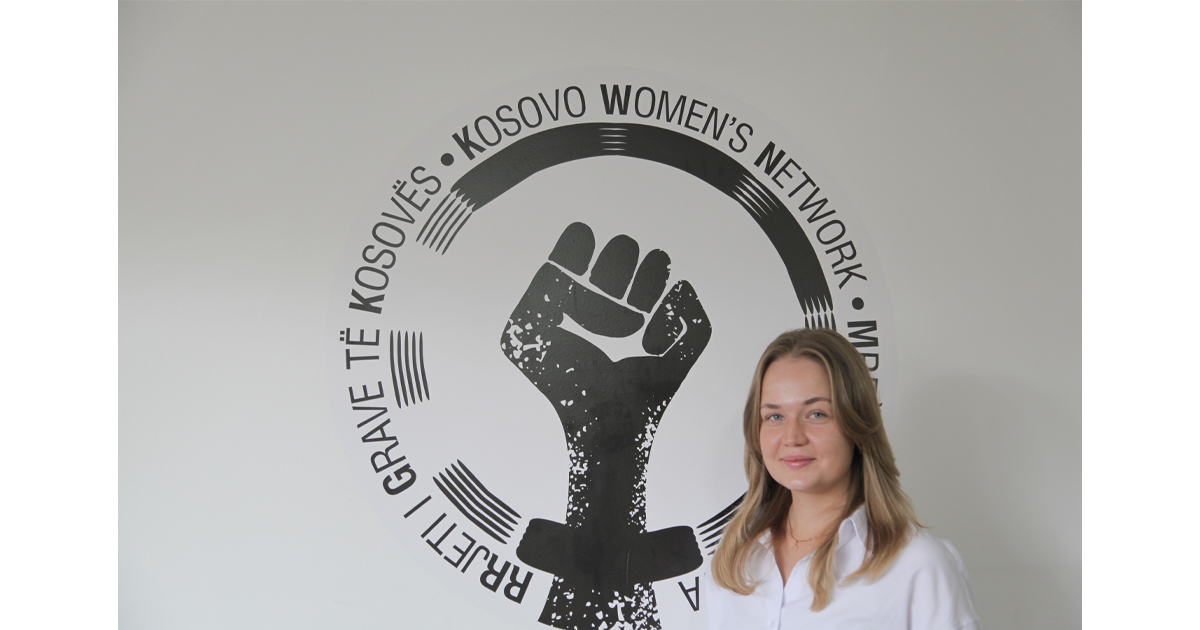On 19 August, the Executive Director of Kosovo Women Network (KWN) Igballe Rogova met with the Minister of Education, Science, Technology and Innovation (MEST), Mrs. Arbërie Nagavci. On this occasion, they discussed the Memorandum of Understanding signed last year regarding gender-sensitive education which challenges existing gender norms and unbalanced power relations.
During the meeting they discussed, among other things, the Administrative Instruction for the Code of Conduct and Disciplinary Measures for secondary high school students and the recent online campaign to allow religious uniforms in schools.
On this occasion, Rogova said:
“The KWN considers that such a change of the administrative instruction is unnecessary and the arguments that are being put forward do not stand. Article 3, paragraph 1.13 of the AI no. 06/2014 is in accordance with the Constitution and its repeal has the consequence of exposing minor girls to the influence of the fanatical religious circle.”
Rogova went on to inform Minister Nagavci about the KWN campaign for the removal of taxes on menstrual products. They also discussed the possibility of equipping schools with menstrual products, but according to them the commitment of both civil society organisations and local and international institutions is required for this purpose.

